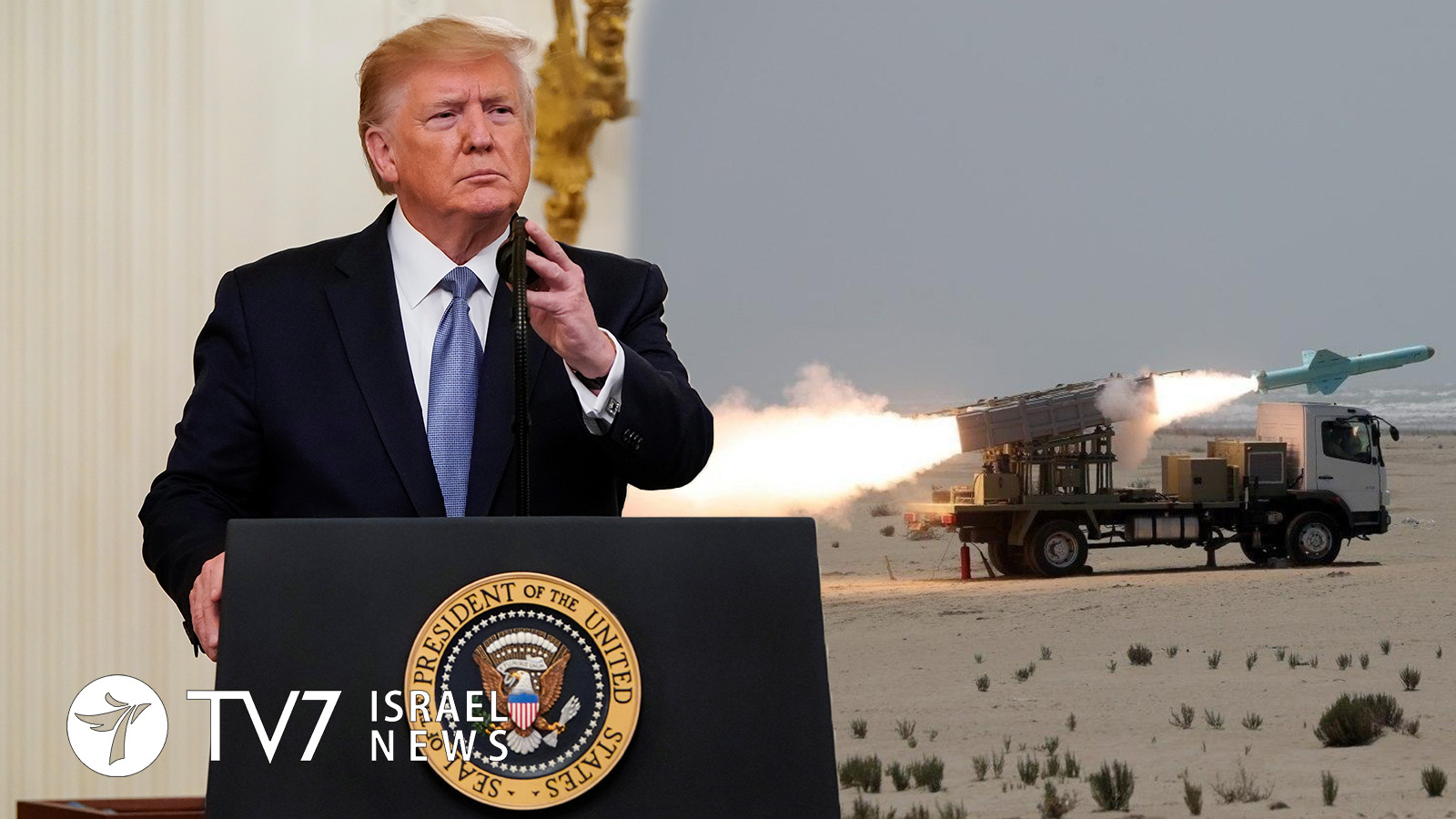The United States proposal to extend the United Nations arms embargo on Iran was defeated after the Dominican Republic was the only other nation to support the draft resolution during the 15-member Security Council vote.
Iranian President Hassan Rouhani immediately proclaimed the development as a “political success for the Islamic Republic of Iran and a political and legal defeat for the U.S. regime.”
U.S. Secretary of State Mike Pompeo expressed disappointment amid a visit to Poland, primarily that France and the United Kingdom were among Germany and 11 other countries to abstain in the vote.
“It is unfortunate that the French and United Kingdom members of the P-5 didn’t support what the Gulf States have demanded, what the Israelis have demanded for their own security, the people who know best the risks in the region,” said the top American diplomat, saying that “I regret that deeply. I regret to that the whole world didn’t join against the world’s largest state sponsor terrorist, to ensure that they can’t have weapons systems that present risk to the heart of Europe.”
“Air defense systems that will prevent the access we may need in the event that Iran should ultimately move on developing its own nuclear weapons program,” added Pompeo.
Washington is now vowing to follow through on a threat to trigger a so-called ‘snap-back’ mechanism of international sanctions under U.N. Security Council Resolution 2231.
Despite withdrawing from the 2015 Joint Comprehensive Plan of Action (JCPOA) nuclear deal with Iran, the U.S. remains a permanent member of the UNSC – which has been the only international body to provide legal backing for the multilateral agreement, which was never signed by any of the parties.
“Well, we knew what the vote was going to be, but we’ll be doing the snap-back,” commented U.S. President Donald Trump, asserting, “You’ll be watching it next week. Yeah, you’ll be watching it next week.”
Iranian Foreign Minister Mohammad Javad Zarif responded that “The U.S. snap-back is so illegal that it is not acceptable and the Americans themselves know it. Do not think that their loud protest means that they have a right on it. America knows it cannot call a snap-back.”
In related developments, the Director General of the International Atomic Energy Agency Rafael Grossi remarked, “All I could say is that we have requested Iran to grant us access. This hasn’t happened yet, but we are working, we are working on that.”
Grossi added that his “objective” remains acquisition of such access for the UN nuclear watchdog organization “to continue the verification work which is essential for the international community.”
